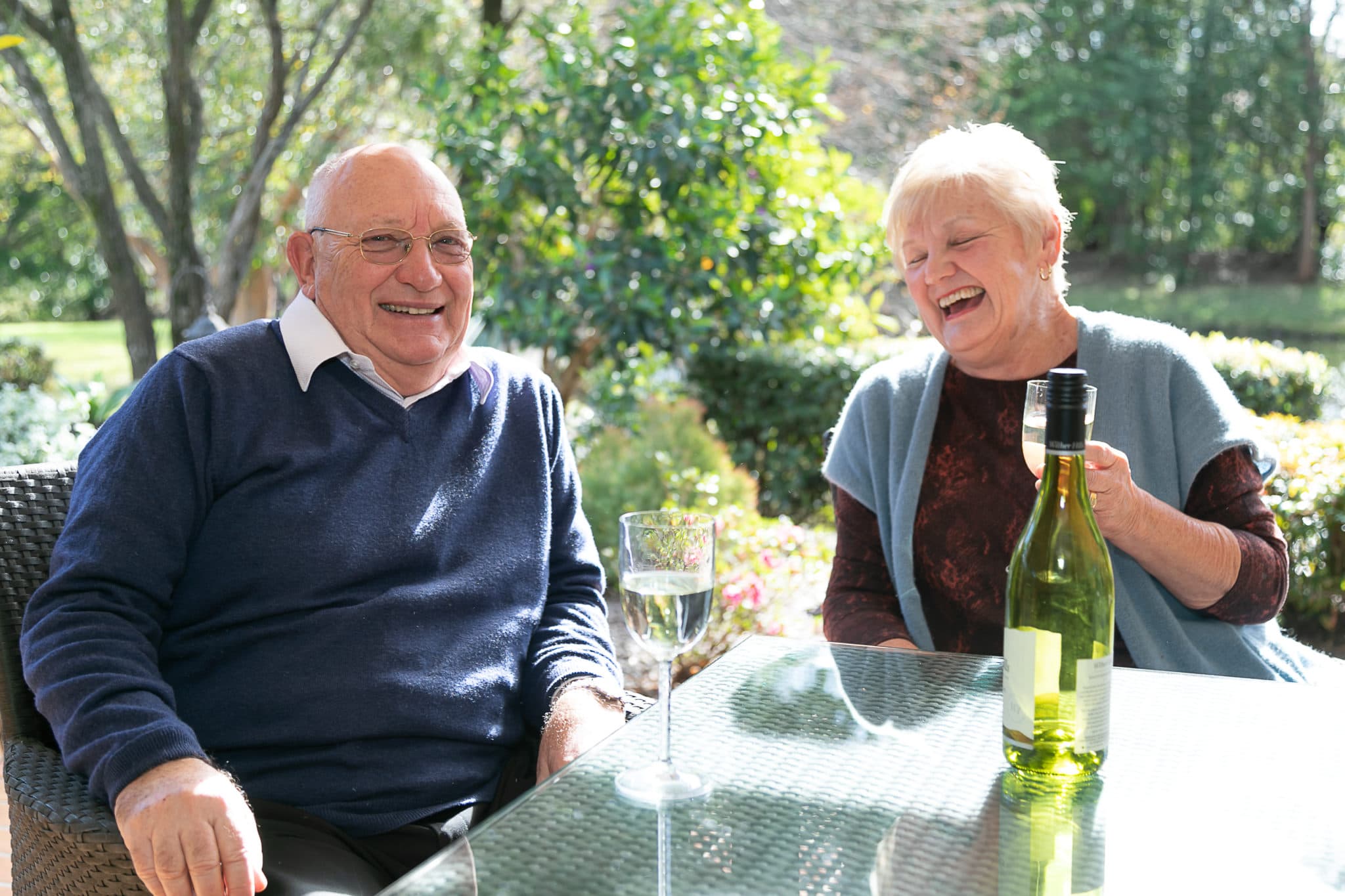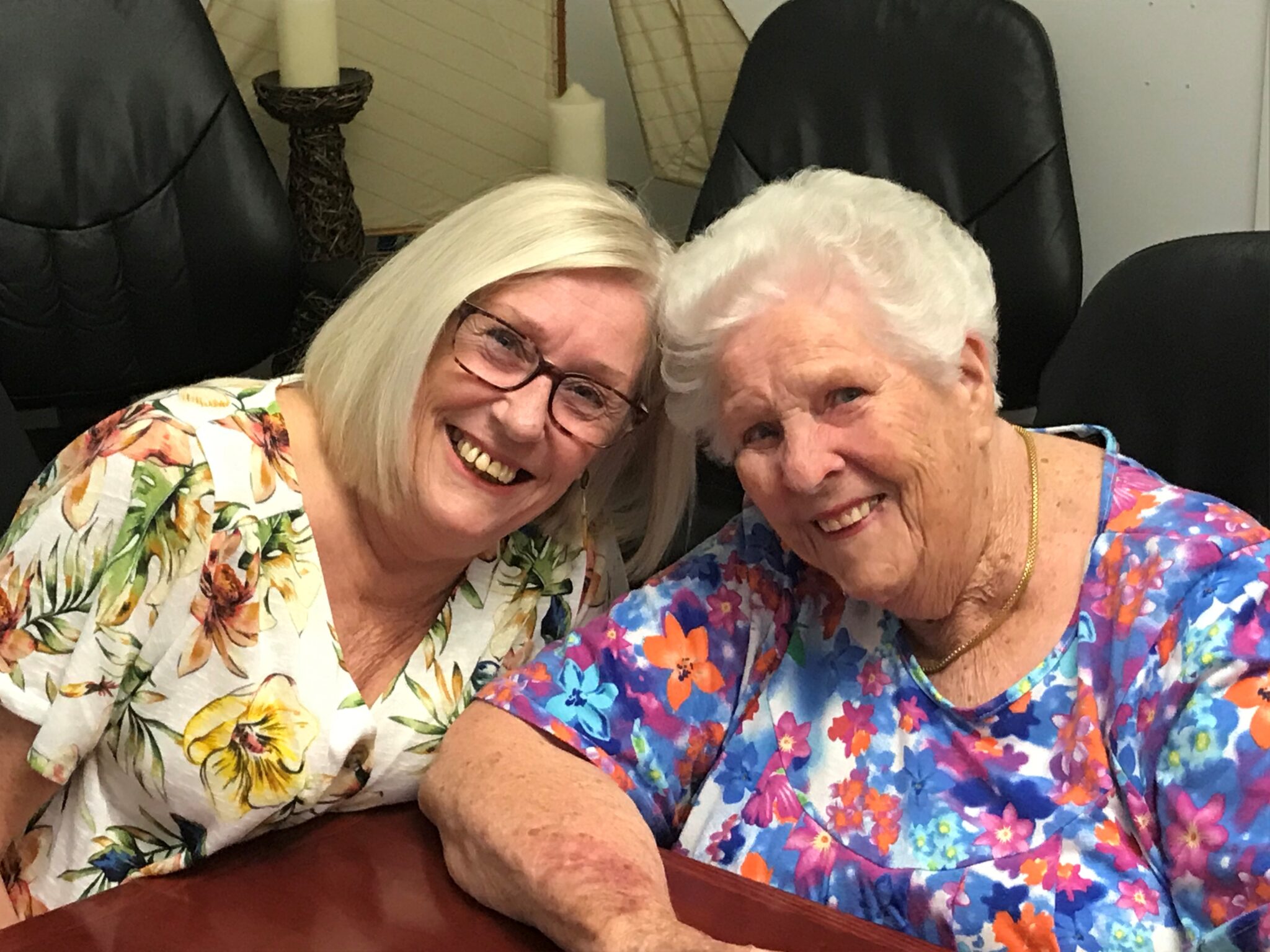Often, the biggest concern with moving into a retirement village is downsizing – what does it entail, is it worth it, and do residents miss their old house or neighbourhood? Everyone’s experience is unique, but the comment we hear most often from residents is, ‘I wish I’d made the move sooner’.
Here, we break down what’s involved in downsizing, the pros and cons, and how you can tackle the process.
1. Make a plan
First things first, make a plan. Look at the floor plan and dimensions of your new home and decide how much of your furniture will fit the space. If it feels hard to let things go, consider putting furniture or larger pieces in storage while your house is on the market. You might be surprised by how little you miss them during this process.
2. Clear the clutter
It’s amazing how much we accumulate over the years, and the prospect of sorting through a lifetime of possessions and memories might seem overwhelming. That’s why we’ve put together a list of handy tips to make the de-cluttering process easier:
- Start early. By making decisions well in advance of your actual move date, you’ll have time to sort out what’s most important to you and what you can let go.
- Set yourself up for success. Start with items you’re not emotionally attached to, like outdated paperwork, kitchen utensils, stationery supplies, clothes and linen. Once you’ve done this, you can work your way up to photos, books, and sentimental memorabilia.
- Prioritise. Write a list of non-negotiables – items you absolutely can’t live without – and try to assess the rest of your possessions with a critical eye.
- Keep your focus narrow. Don’t tackle the whole house at once, but deal with one room, cupboard or zone at a time.
- Break it into bite-sized chunks. It’s far more effective to consistently set aside 15 minutes a day than attempt to sort through years of memories in one weekend.
- Be honest. Ask yourself “do I need it, use it or love it?” Be honest with yourself and remember objects don’t have feelings.
- Take photos. Consider taking photographs or videos of things that can’t go to your new home. It will preserve the memory without taking up any space.
- Swap old for new. It’s still OK to buy new items but try adopting ‘the one in / one out’ rule. For example, if you buy a new set of wine glasses, donate the existing ones.
- Remember why you’re doing this. Research shows that clutter can affect mental wellbeing and add to feelings of stress. On the flipside, clearing out things you no longer want or need can be intensely liberating.
3. Find a new home for what you don’t need
Once you’ve de-cluttered, you might be wondering what to do with all the belongings you’re not taking with you to your new apartment or villa. You could consider selling big-ticket items like a lawnmower, and giving other pieces to family or charity. Knowing that a much-loved item will have a new lease of life in someone else’s home might help you let it go – and emotionally prepare for the move.
4. Enlist help
This is likely to be one of the most important moves you make, and it’s far easier to tackle if you can share the load among many. Ask professionals, family or neighbours to lend a hand – either with de-cluttering, packing, moving or cleaning.
5. Look to the future
If the magnitude of the project feels overwhelming, focus on what you’re gaining, rather than what you’re leaving behind. If you’re unsure if this is the right decision, weigh up the pros and cons:
- The process of de-cluttering can take an emotional toll, but it will also simplify your life. What’s more, it can make the process of moving house much more manageable. Less clutter means less packing, physical effort and expense.
- Sorting through all your possessions is time-consuming, but could benefit you financially. Your real estate agent is more likely to get a great price for your house if it’s streamlined and clutter-free. If you’d like to know more about the process of selling a house, we’ve got you covered.
- It might be hard to emotionally let go of your house and possessions, but think about what life in a retirement village will be like – no more gardening to worry about, or the need to maintain a property you’ve outgrown. There will also be a welcoming community, ample opportunities for social connection, and a raft of activities on offer.
If you have questions about downsizing, speak to our sales consultant at The Verge at Burleigh G.C. After all, they’ve seen many people go through the exact same process, and will be able to give you advice and point you in the right direction. They might even be able to connect you with residents who’ve recently made the move.





